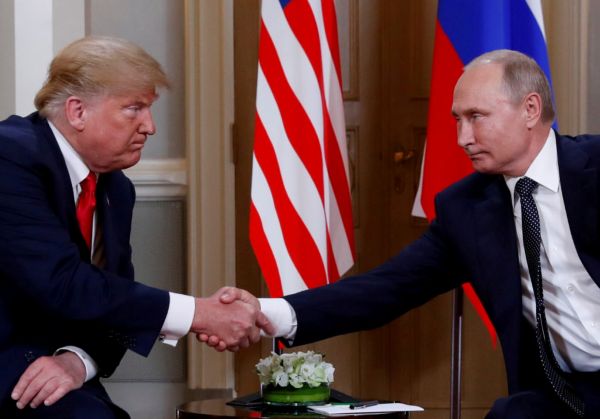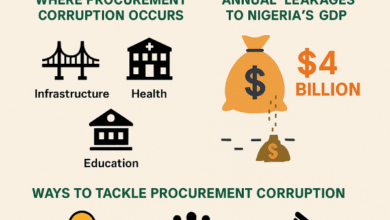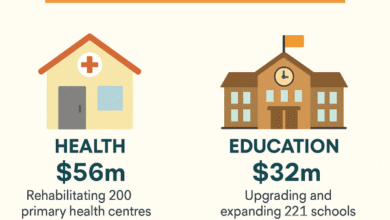
As U.S. President Donald Trump prepares for a high-stakes summit with Russian President Vladimir Putin in Anchorage, Alaska, he has made clear that Ukraine will determine the outcome of any territorial negotiations. The meeting—set for Friday at a Cold War-era U.S. Air Force base—marks the first face-to-face encounter between the two leaders since Trump’s return to the White House, and could shape the trajectory of the war in Ukraine.
Speaking aboard Air Force One en route to the talks, Trump told reporters:
“I’ve got to let Ukraine make that decision, and I think they’ll make a proper decision, but I’m not here to negotiate for Ukraine. I’m here to get them at a table.”
The U.S. leader described Putin as “a smart guy” and suggested there was “a good respect level on both sides.” He also confirmed that Russian business leaders would accompany Putin, signalling that economic engagement could be a parallel discussion track—provided Moscow moves toward peace.
Trump warned that if Putin fails to pursue a ceasefire, Russia could face “economically severe” sanctions, a signal that the White House is prepared to leverage both diplomacy and economic pressure.
A Strategic Meeting with High Stakes
The Alaska summit is not just about Ukraine’s battlefield lines—it is about reshaping the geopolitical map.
- For Trump, success could bolster his credentials as a global peacemaker, potentially strengthening his case for a Nobel Peace Prize. He has repeatedly said he could end the war “within 24 hours,” but conceded this week that the conflict has proven tougher to resolve than expected.
- For Putin, the meeting itself is a diplomatic victory, undermining years of Western attempts to isolate Russia and offering Moscow a platform to project itself as a necessary player in global affairs.
Russian envoy Kirill Dmitriev described the pre-summit atmosphere as “combative,” hinting at difficult discussions ahead on not just Ukraine, but the full spectrum of U.S.–Russia relations.
The Prospect of a Three-Way Summit
Trump indicated that if Friday’s bilateral talks go well, arranging a three-way summit with Ukrainian President Volodymyr Zelensky could become the top priority.
Kremlin spokesman Dmitry Peskov also left the door open, saying such a meeting would be possible if the Alaska talks “bore fruit.” He added that Friday’s session could last six to seven hours, with aides expected to join at points during what was initially billed as a one-on-one encounter.
Zelensky Watches from Afar
While absent from the Alaska meeting, Zelensky is closely monitoring developments. Posting on Telegram, he said:
“It is time to end the war, and Russia must take the corresponding steps. We are counting on America.”
The Ukrainian president said he expected an intelligence briefing on Russia’s intentions from the meeting and reiterated his hope that it would pave the way for a direct three-way negotiation.
Analyst Insight: Diplomacy in the Shadow of War
From a geopolitical and business perspective, this summit is a calculated test of strategic leverage:
- Energy & Markets Impact: Any progress toward peace could ease global commodity pressures, especially on energy and grain markets, where the war has disrupted supply chains and contributed to inflation worldwide.
- Sanctions Dynamics: Trump’s sanctions warning signals that U.S. economic policy remains a critical pressure point, with potential ripple effects across banking, shipping, and high-tech exports.
- Investor Sentiment: Diplomatic momentum could improve investor confidence in Eastern Europe, though markets will remain wary until concrete ceasefire frameworks emerge.
Ultimately, the Alaska talks are as much about optics as they are about substance. For Washington, they are an opportunity to lead a peace process without conceding Ukrainian sovereignty. For Moscow, they are a stage to demonstrate resilience and relevance.
Whether this becomes the first step toward ending Europe’s most dangerous war in decades—or just another round of geopolitical theatre—will depend on what emerges from the closed-door hours in Anchorage.











